Calcium is not the most important nutrient for osteoporosis! Find out what nutrients you should be focusing on.
DATA:
https://pubmed.ncbi.nlm.nih.gov/14654717/
https://pubmed.ncbi.nlm.nih.gov/26176325/
https://pubmed.ncbi.nlm.nih.gov/28756183/
https://www.ncbi.nlm.nih.gov/pmc/articles/PMC7238900/
00 Introduction: The truth about osteoporosis and osteopenia
22 What is osteoporosis?
33 Bones explained
1:43 What is osteopenia?
2:09 Typical treatments for osteoporosis
2:22 Understanding calcification
3:10 What is osteomalacia?
3:25 What causes osteoporosis and osteopenia?
3:39 Key nutrients for osteoporosis and osteopenia
6:10 The gallbladder and liver connection
6:50 The best minerals for osteoporosis
11:35 Learn more about vitamin K2!
Let’s talk about osteoporosis and osteopenia. There is no way you can build up your bone with just calcium. If you try, you could end up with calcification of your arteries.
Osteoporosis is a loss of bone density and bone mass. This increases your risk of fractures. Osteopenia is the stage that occurs just before osteoporosis.
It’s been found that people with osteoporosis have a much higher degree of calcification in the arteries and joints. This means a person has excess calcium, but it’s not going to the right places in the body.
When dealing with osteoporosis and osteopenia, we can’t just look at a loss of calcium. We also need to consider vitamin K2 deficiency and vitamin D3 deficiency.
Vitamin D3 supports calcium absorption, and vitamin K2 helps drive calcium into the bones. If you take vitamin K2 as a supplement, it may be best to take the natural form called MK7. Vitamin A (retinol) is another important vitamin to support healthy bones.
These essential vitamins for osteoporosis are all fat-soluble, which means supporting your gallbladder and liver is crucial. Bile salts can help support the absorption of fat-soluble nutrients if you have a gallbladder or liver problem. It’s also essential to have strong acid in the stomach to absorb minerals and trace minerals.
I would still take some form of calcium if I had osteoporosis. But I would also take these other nutrients. I would also avoid calcium carbonate, which is less bioavailable than other forms. Try to get your calcium and other nutrients from food.
Other important minerals and trace minerals for strong bones:
• Magnesium
• Potassium
• Zinc
• Copper
• Boron
Be sure you’re also consuming high-quality sources of protein and are exercising consistently to help with osteoporosis and osteopenia.
Dr. Eric Berg DC Bio:
Dr. Berg, age 58, is a chiropractor who specializes in Healthy Ketosis & Intermittent Fasting. He is the author of the best-selling book The Healthy Keto Plan, and is the Director of Dr. Berg Nutritionals®. He no longer practices, but focuses on health education through social media.
Follow Me On Social Media:
Facebook: https://bit.ly/FB-DrBerg
Instagram: https://bit.ly/IG-DrBerg
Anchor: https://bit.ly/Anchor-DrBerg
TikTok: https://bit.ly/TikTok-DrBerg
Disclaimer:
Dr. Eric Berg received his Doctor of Chiropractic degree from Palmer College of Chiropractic in 1988. His use of “doctor” or “Dr.” in relation to himself solely refers to that degree. Dr. Berg is a licensed chiropractor in Virginia, California, and Louisiana, but he no longer practices chiropractic in any state and does not see patients so he can focus on educating people as a full-time activity, yet he maintains an active license. This video is for general informational purposes only. It should not be used to self-diagnose and it is not a substitute for a medical exam, cure, treatment, diagnosis, prescription, or recommendation. It does not create a doctor-patient relationship between Dr. Berg and you. You should not make any change in your health regimen or diet before first consulting a physician and obtaining a medical exam, diagnosis, and recommendation. Always seek the advice of a physician or other qualified health provider with any questions you may have regarding a medical condition.
#keto #ketodiet #weightloss #ketolifestyle
Thanks for watching! I hope this helps increase your awareness of the most important nutrients for osteoporosis and osteopenia. I’ll see you in the next video.
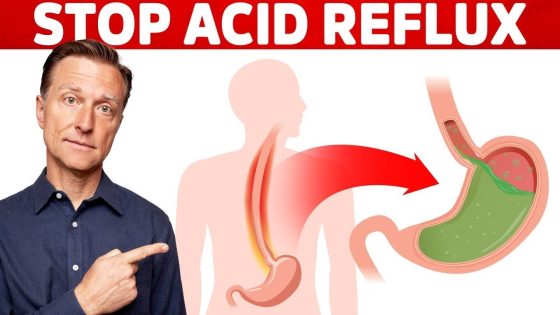
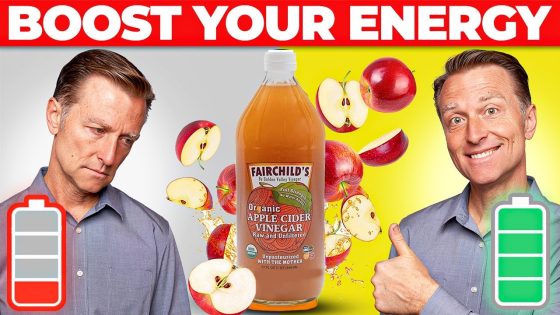
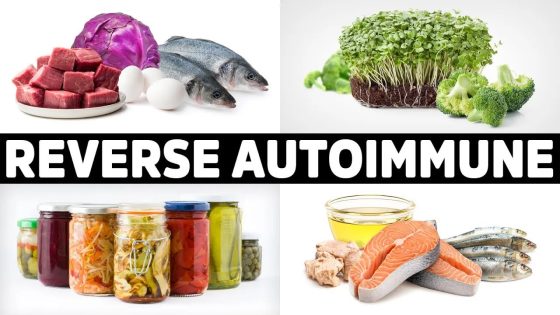
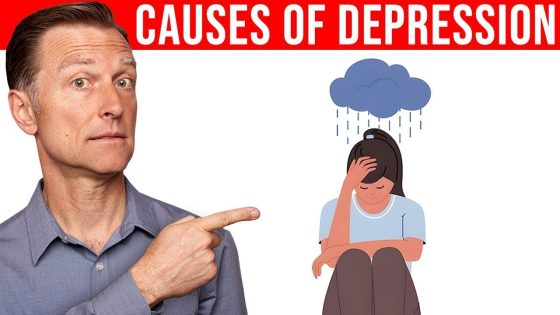
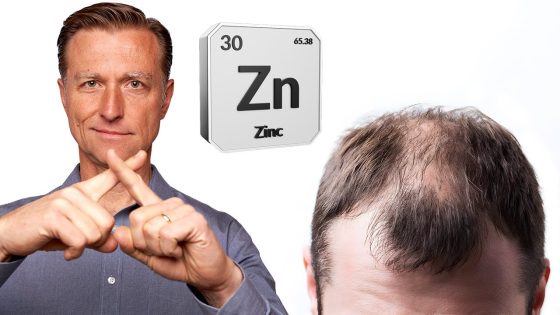
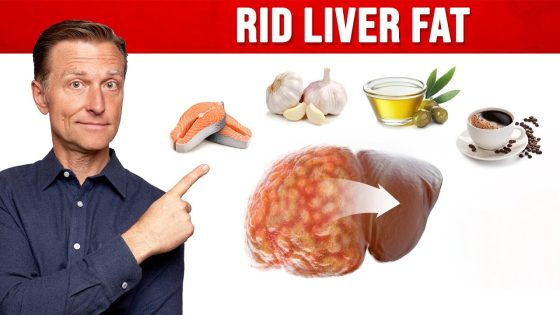
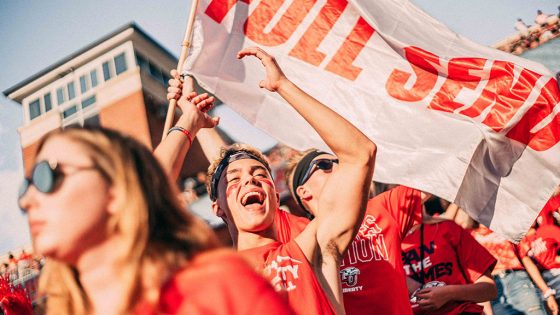






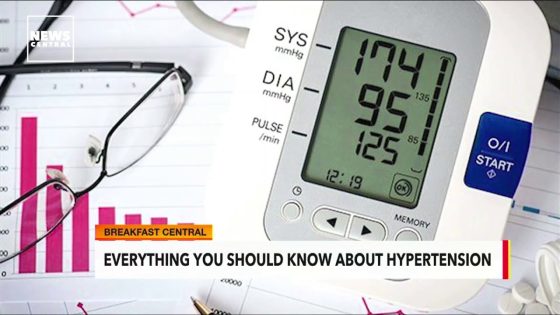

Gporoe
5 months agoorder generic lipitor 80mg lipitor over the counter cheap lipitor 80mg
Mogfov
4 months agobuy cipro online – sulfamethoxazole generic augmentin 1000mg generic
Qaxbiw
4 months agobuy ciprofloxacin 1000mg generic – septra for sale amoxiclav medication
Zdfwvi
4 months agobuy metronidazole 200mg online – cefaclor capsules azithromycin pills
Clwbip
4 months agociprofloxacin 500mg brand – chloramphenicol order buy erythromycin 500mg generic
Aixtlj
4 months agovaltrex 1000mg price – how to buy nemasole order acyclovir 800mg sale
Dfyhzg
4 months agoivermectin 6 mg stromectol – order generic sumycin buy tetracycline 250mg generic
Cukmzk
4 months agometronidazole canada – cleocin generic zithromax tablet
Cmxqro
4 months agoampicillin us buy penicillin online buy amoxicillin generic
Qsuwyv
4 months agohow to buy furosemide – order generic atacand 8mg captopril 25 mg for sale
Be the first to comment